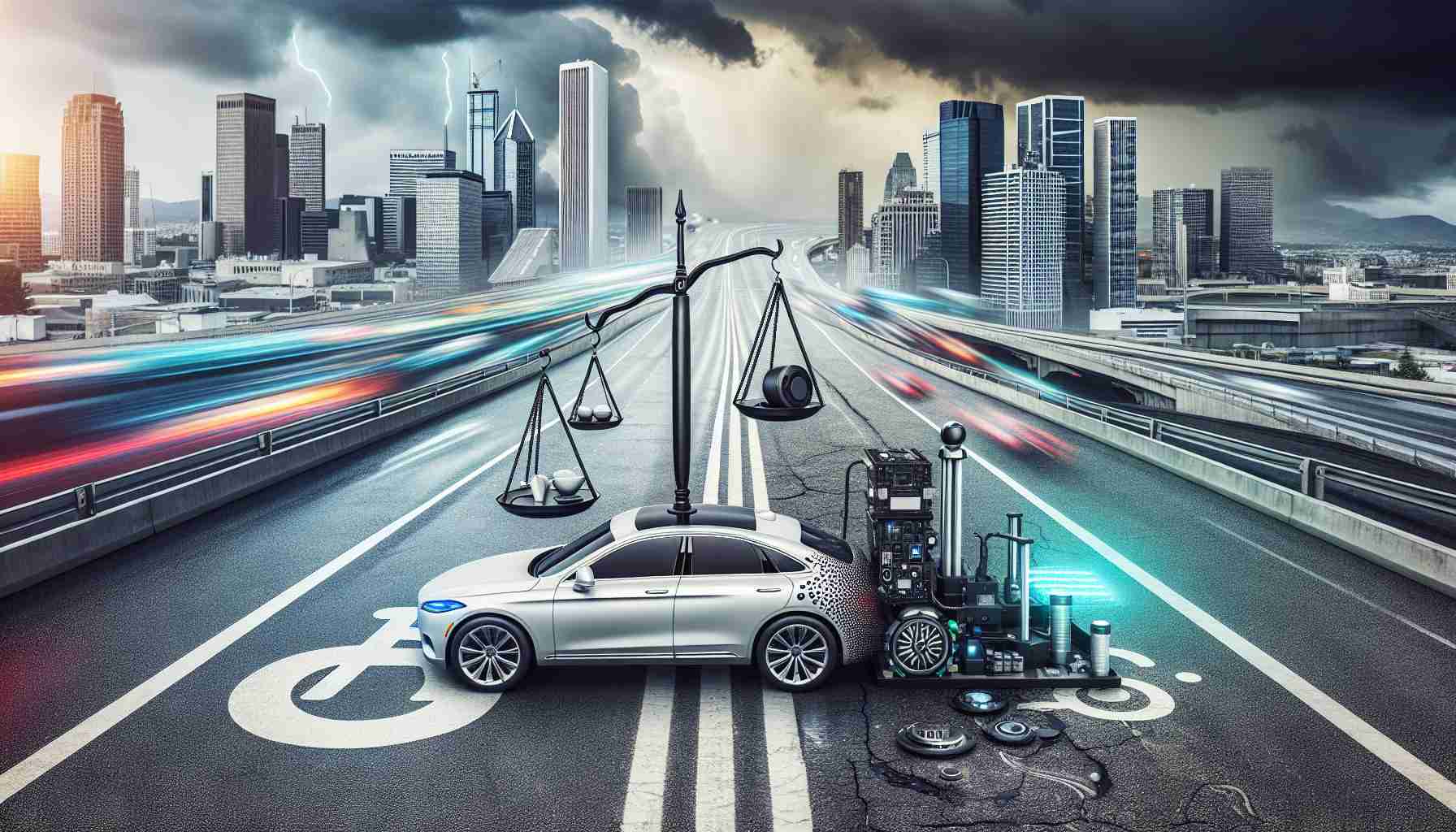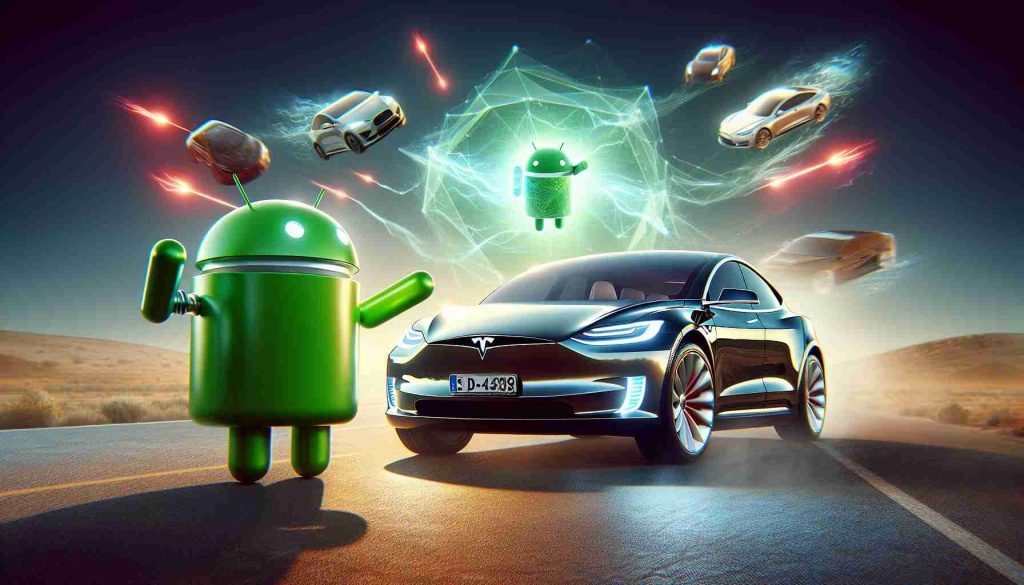Tesla’s approach to its Full Self-Driving (FSD) package remains contentious, leaving many owners frustrated. The automaker has adopted a firm policy against transferring the FSD software from one vehicle to another, despite requests from its customers.
The FSD package has been an integral part of Tesla’s offerings since 2016, boasting advanced driver-assist capabilities with the promise of achieving full autonomy through software updates. Initially, Tesla assured that all models produced since 2016 were equipped for this evolution. However, a shift to newer hardware, starting with the HW3 computer and later the HW4, highlighted challenges in delivering these features.
Despite previous claims that HW3 would receive updates consistent with new models, Tesla has shifted its focus primarily to HW4, raising concerns about the future of FSD for HW3 owners. As updates for the older hardware lag, customers feel stranded with software they paid generously for—sometimes upwards of $15,000.
Many Tesla owners are advocating for the ability to transfer their FSD package to new vehicles easily. It seems reasonable since customers would be merely transitioning their purchase to a more capable car. Nevertheless, Tesla has consistently denied such requests, indicating that the system is not designed to accommodate transfers.
In a somewhat opportunistic fashion, the company has introduced temporary transfer windows during times of increased demand, creating a cycle that seems to prioritize sales over customer satisfaction. Tesla’s refusal to adapt its policy suggests a larger issue within the company, prioritizing immediate sales incentives rather than embracing customer needs.
The Broader Implications of Tesla’s FSD Policy
Tesla’s restrictive policy regarding the transfer of its Full Self-Driving (FSD) package has far-reaching implications that resonate beyond individual customer dissatisfaction. In the context of an increasingly digital and automated society, the way tech companies manage software ownership will play a crucial role in shaping consumer rights and expectations. Consumers in various sectors are becoming more aware of their digital assets, advocating for portability and flexibility akin to traditional ownership rights.
Culturally, this situation is emblematic of a shift in consumer behavior towards technological equity. As more people invest substantial amounts in automotive tech, the demand for fair policies governing software transfers has become a rallying point. Companies that resonate with their audience’s evolving expectations may gain a competitive advantage, while those like Tesla could risk alienating a loyal customer base.
Furthermore, from an economic viewpoint, this policy’s rigidity may impact Tesla’s long-term sustainability. The automaker could face repercussions if market competitors adopt more consumer-friendly policies, fostering a more flexible playing field in the autonomous vehicle sector. As consumers gravitate towards brands that prioritize their needs over corporate interests, Tesla’s current strategy may diminish its market share.
On an environmental level, a failure to adapt could also hinder the broader adoption of autonomous vehicles, which are crucial for reducing emissions and urban congestion. If consumers are discontented with software limitations, they may resist transitioning to electric vehicles altogether, undermining global sustainability efforts.
As society moves toward smarter urban transport solutions, the long-term significance of Tesla’s policy will be evident. The eventual pressure to revise such policies may very well determine the future trajectory of not only Tesla but also the larger automotive industry’s shift toward omnichannel consumer relationships.
The Controversy of Tesla’s FSD Transfer Policy: What You Need to Know
Tesla’s Full Self-Driving Package: An Overview
Tesla’s Full Self-Driving (FSD) package, launched in 2016, was heralded as the future of transportation, promising advanced driver-assistant features aimed at achieving full autonomy. While the technology has evolved, the approach taken by Tesla regarding the transfer of FSD between vehicles has sparked significant controversy among its customers.
Features and Innovations
The FSD package includes features such as Navigate on Autopilot, Auto Lane Change, Autopark, and Summon. Over the years, Tesla has continuously refined these capabilities, pushing software updates that aim to improve performance and user experience. However, the transition from the older HW3 computer to the newer HW4 has shifted the focus of innovations, raising important questions for current FSD owners.
Limitations and Customer Frustration
One of the main limitations of the FSD package is Tesla’s restrictive policy on software transferability. Once a customer purchases FSD for a particular vehicle, it cannot be transferred to a new car, even if they buy a more advanced model. This has led to feelings of frustration among Tesla owners, especially those who need to replace or upgrade their vehicles. The reluctance of Tesla to allow these transfers can be seen as a failure to adapt to the evolving needs of its customer base.
Pricing Concerns
The cost of the FSD package can exceed $15,000, leading many buyers to feel shortchanged if their hardware does not receive timely updates. Owners of HW3 vehicles, in particular, express concerns about the viability of their investment as the focus shifts to newer hardware. As Tesla trains its sights on advancing the capabilities of HW4, HW3 owners may feel left behind, exacerbating dissatisfaction among their ranks.
Pros and Cons of Tesla’s FSD Policy
Pros:
– Continuous software updates enhance existing features and functionality.
– Advanced technology positioned at the forefront of autonomous driving.
Cons:
– Inflexible transfer policy for the FSD package creates customer dissatisfaction.
– A focus on newer hardware could alienate current HW3 owners.
– High initial cost without guaranteed future functionality.
Future Predictions and Market Trends
As competition in the electric vehicle market grows, it remains critical for Tesla to revisit its policies, especially concerning consumer loyalty and satisfaction. New entrants and established automakers are increasingly investing in autonomous technologies, which may pressure Tesla to adapt its offerings and policies in order to retain its market leadership.
Insights and Customer Advocacy
Many Tesla owners are advocating for newfound flexibility in FSD transfers, arguing it aligns with consumer rights regarding purchases. The sentiment is that transferring software should be simple and logical, especially when advancements in vehicle technology render previous models less desirable.
Conclusion
Tesla’s Full Self-Driving package is a testament to the company’s innovative spirit in the autonomous driving space. However, its current policies, particularly concerning the transferability of FSD features, raise questions about the brand’s commitment to customer satisfaction. As the market landscape evolves, it will be crucial for Tesla to consider how it addresses these concerns to maintain its reputation and customer loyalty.
For more information about Tesla and its offerings, visit Tesla’s official website.

















